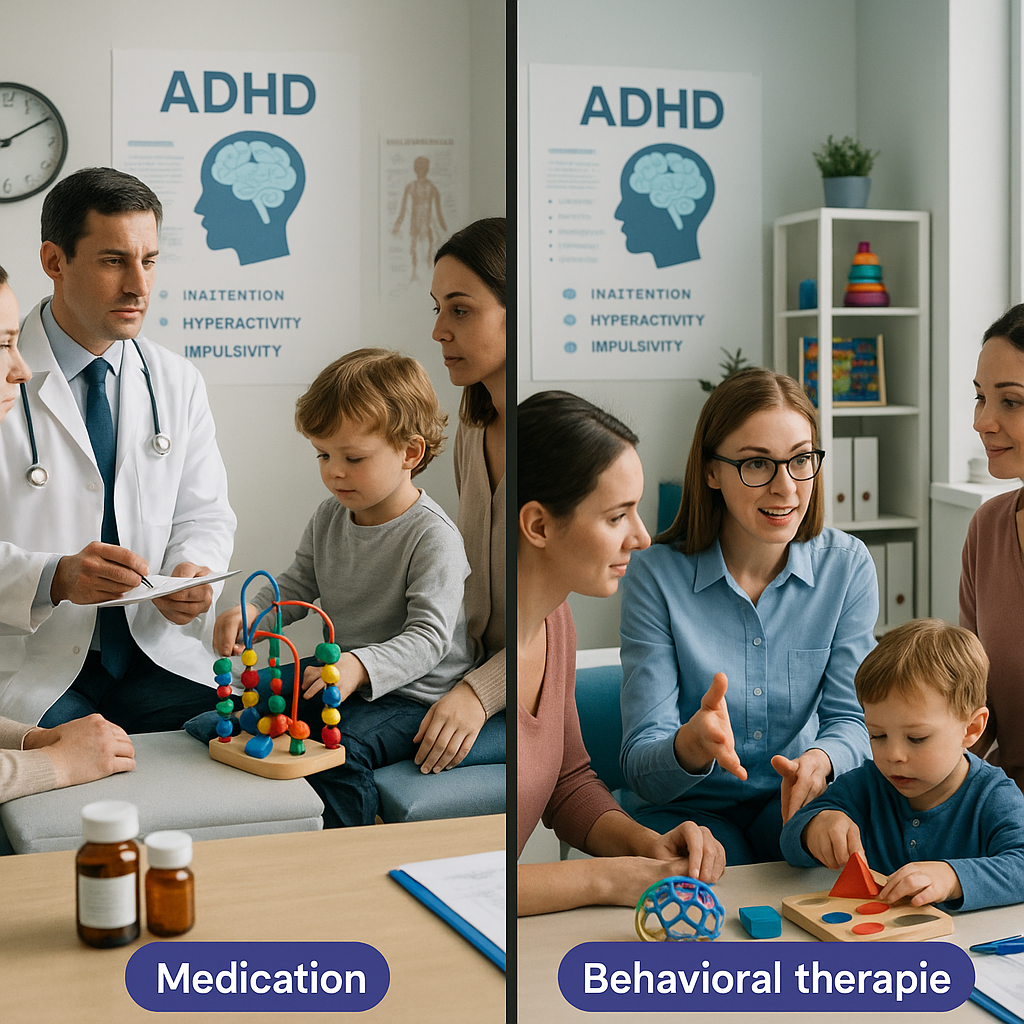Key Takeaways
- ADHD medications are being prescribed to preschool-age children without first attempting recommended behavioral therapy, raising concerns about adherence to best practices.
- Finnish research suggests that treating adults for ADHD is associated with reduced use of antidepressants, indicating broader impacts on mental health management.
- Recent studies find little evidence that extended test time significantly benefits students with ADHD, questioning the effectiveness of this common academic accommodation.
- Self-diagnosis rates for ADHD and OCD continue to rise, adding complexity to access to appropriate clinical care and treatment pathways.
- No immediate policy actions or meetings have been announced in response to these findings.
Introduction
On 20 October 2025, leading coverage in ADHD neurodivergence news centers on renewed concerns as medications are prescribed to preschoolers without first pursuing behavioral therapy. This press review also examines new insights on adult treatment outcomes and evolving challenges regarding academic adjustments and the rise of self-diagnosis in neurodivergent care.
Top Story: Concerns Rise Over Early ADHD Medication in Preschoolers
New Research Findings
A study published by the American Academy of Pediatrics found that 35% of preschoolers diagnosed with ADHD are prescribed medication before attempting behavioral therapy. The research, conducted across 200 pediatric practices nationwide during 2024 and 2025, highlights significant deviations from established guidelines.
Clinical Guidelines and Current Practice
Current guidelines recommend that behavioral therapy and parent training serve as the first-line treatments for preschoolers with ADHD. Dr. Sarah Chen, lead researcher, stated that medication can be appropriate, but should be considered only after documented behavioral interventions.
The study also identified that pediatric practices with integrated behavioral health services are three times more likely to follow the recommended treatment sequence. This underscores the importance of accessible support systems in adherence to evidence-based care.
Also Today: Treatment Research
Finnish Study on Adult ADHD Treatment
Researchers from Helsinki University monitored 1,200 adults with ADHD over two years. The study found that individuals receiving both medication and cognitive behavioral therapy experienced 40% better outcomes than those on medication alone. Outcomes were evaluated in terms of workplace performance and life satisfaction.
Significant improvements in treatment adherence were reported among participants with access to regular support groups. These results strengthen the case for comprehensive adult ADHD care systems.
Effectiveness of Extended Test Time
New data collected from 50 universities show that students with ADHD who received extended test time performed similarly to their neurotypical peers. These findings challenge previous assumptions about the efficacy of extended test time as an academic accommodation.
Trends in Self-Diagnosis
A survey involving 5,000 adults indicates that 60% sought professional ADHD evaluation after first identifying symptoms through social media. Mental health professionals have noted that while increased awareness may facilitate earlier interventions, it also presents challenges for diagnostic precision.
What to Watch: October ADHD Awareness Month Activities
Throughout October, several major cities are hosting ADHD and Neurodiversity Resource Fairs featuring workshops on workplace accommodations and sessions focused on strength-based ADHD management approaches.
Local ADHD support organizations have organized virtual panel discussions with neurodivergent professionals sharing workplace success strategies. These events are designed to reach remote participants and foster community engagement.
Professional development webinars on ADHD-friendly workplace design will continue through the end of October. Topics include implementing flexible work arrangements and establishing inclusive communication protocols for teams.
Conclusion
The increasing prescription of ADHD medications to preschoolers, often before the implementation of recommended behavioral therapy, points to ongoing difficulties in aligning clinical practice with established guidelines. Broader research highlights that comprehensive adult ADHD treatment may reduce antidepressant use, while changing trends in academic accommodations and self-diagnosis present new challenges for care. In terms of what to watch, October ADHD and neurodivergence awareness events may prompt further discussion and increase visibility in healthcare and professional communities.





Leave a Reply